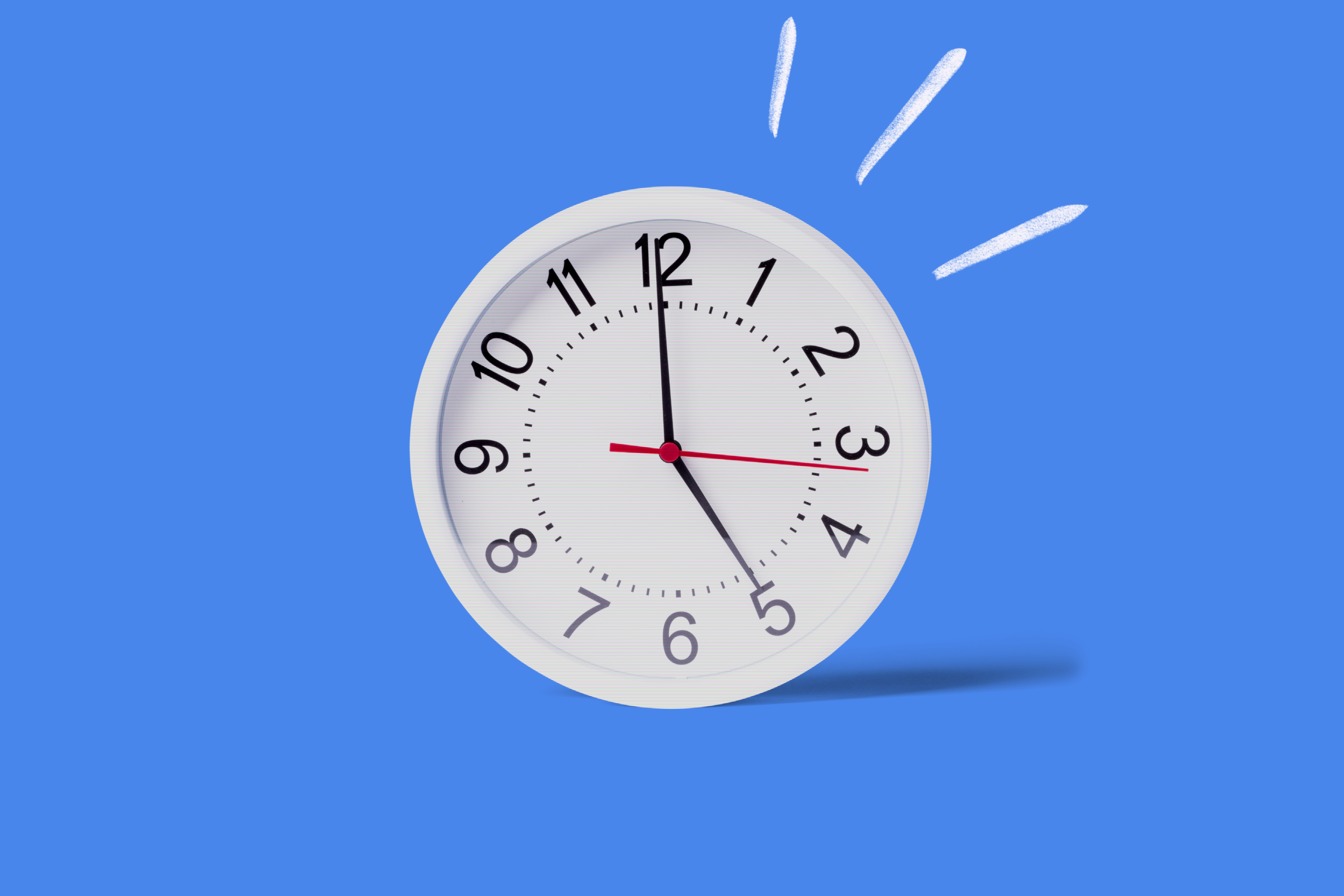On empty time and not feeling crammed
This is a written excerpt of Rest & Recreation, a companion to Routines & Ruts conversations podcast. Each week, host Madeleine Dore shares reflections from previous interviews and interesting reads to offer you a moment of R&R. Listen on Apple iTunes, Spotify and others.
Words by Madeleine Dore
Detecting my own restlessness the last few weeks, I’ve tried to pay attention to this theme of empty time. It seems to keep returning, in conversations for this podcast, in books I’m reading, in conversations with friends.
In a recent episode of Routines & Ruts, coach, writer and speaker Kemi Nekvapil described the empty spaces in her morning routine as a gift. In her new book, This One Wild and Precious Life, Sarah Wilson returns again and again to a lady in red who likes to “sit and think nothing,” particularly on public holidays—as she put it in our recent conversation, she became an symbol for “cool aloneness”.
These spare, empty minutes in between the doing of our days can be where we find ourselves. Perhaps for those of us who are experiencing more empty time than usual, there is an acknowledgment that it won’t last forever. For me, it’s been a comfort to remind myself that maybe there’s something to be found in all the empty time.
These spare, empty minutes can also be something we seek. In Robert Dessaix’s latest book, The Time of Our Lives, he writes about the concept of yutori which is a Japanese word that roughly translates to a state of not being crammed. This could mean not being crammed by obligations, deadlines, debt, schedules, things, other people.
In the book, Robert strikes up conversation witha stranger in a teahouse who explains that yutori means having the time and space—and even the resources—to do, with a sense of ease, whatever it is you’d like to do. Plus a bit. That’s the important part: plus a bit.
Yutori isn’t exactly empty time, but it’s enough playroom, enough elbow-room to be who we’d like to be. As Robert Dessaix writes, yutori is a way of letting time pool around us:
“At the airport the following afternoon, for instance, having got there a little earlier than I needed to—just fifteen minutes earlier, à la yutori—I simply sat and looked about me at what everyone else was doing…. I let time pool around me, there amidst the clutter of the Departure Lounge (the carry-on bags, the backpacks, bottles, children, rubbish, the endless signs forbidding things, the scrolling screens and the truckloads of useless gewgaws crowding the souvenir-shop windows). I simply floated quietly, but not emptily, in my pool of awareness…”
I think letting time pool around us, or viewing empty time as a gift is a practice. Sometimes, the empty spaces or the days can fling us into boredom, panic, anxiety, pressure. We do things in such a hurry because we’re afraid of what we might find if we are still.
This is where I think sometimes things like procrastination can be misunderstood. Letting an empty moment pool around us doesn’t make us necessarily lazy or a procrastinating, it’s just give ourselves time and space. Sometimes pre-crasination can be hazardous. Pre-crastination is the inclination to complete tasks quickly just for the sake of getting things done, but this can result in unnecessary effort that could be avoided with a bit of planning – in other words, haste makes waste.
So maybe it’s getting more comfortable with being empty and finding our own rhythm, rather than rushing and optimise every moment. We can allow ourselves to pause and think. Maybe achieve a little less, but feel a little more centred. To meander if we have a moment to meander. Not judge ourselves for pressing the snooze alarm if we hadn’t hurry to get out of bed. Take a leisure call from a friend. To reframe this imposed narrowing of our days, even if it provides us comfort just for a moment.
As May Sarton wrote:
“I always forget how important the empty days are, how important it may be sometimes not to expect to produce anything, even a few lines in a journal. … the most valuable thing we can do for the psyche, occasionally, is to let it rest, wander, live in the changing light of a room, not try to be or do anything, whatsoever.”

